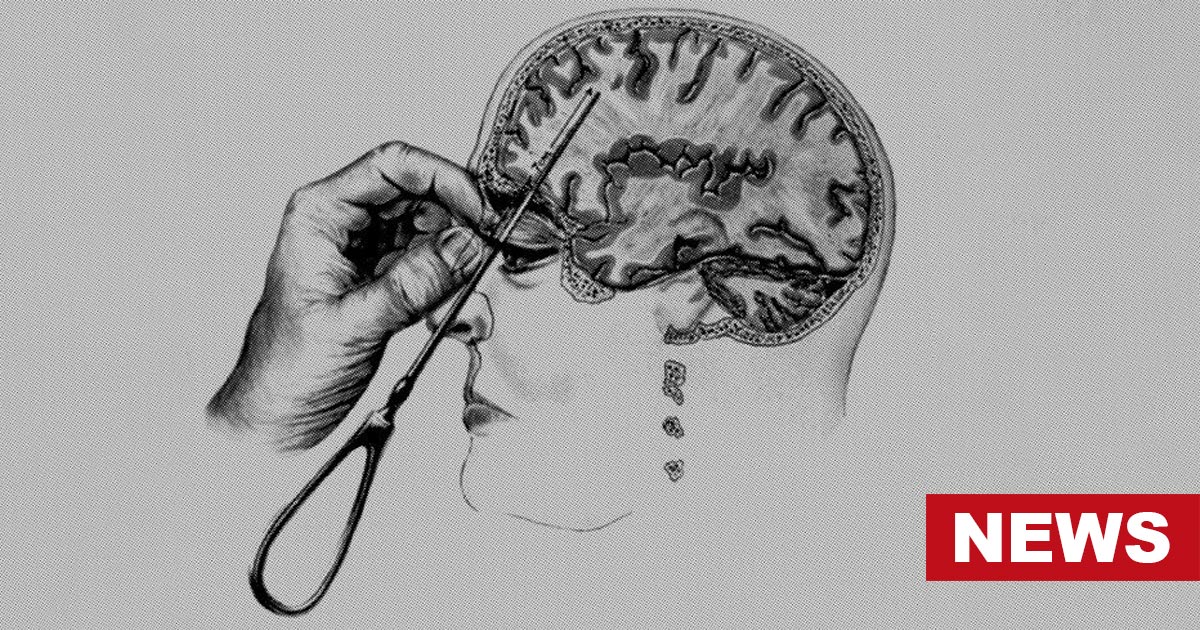A 38-year-old woman from Australia, who has been grappling with chronic depression for the past 26 years, recently became the first person to undergo depression surgery in India. This groundbreaking procedure also marks one of the first instances of psychiatric surgery for depression in India since the implementation of the new Mental Healthcare Act in 2017.
The legislation stipulates that psycho-surgery can only be performed with the explicit informed consent of the patient and the approval of a specially appointed state mental health board. Previously, hospital boards would review such requests.
For this particular Australian patient, the process of obtaining permission from the state and eventually being operated on by neurosurgeon Paresh Doshi at Jaslok Hospital, located on Pedder Road, spanned over a period of 10 months.
Dr. Doshi, who successfully conducted the operation, commended Maharashtra for being at the forefront of mental health initiatives and becoming the first state to grant permission for surgery for treatment-resistant depression. Depression is a prevalent mental health condition, with studies indicating an incidence rate of around 15% of the population.
Approximately one-third of individuals with depression do not respond to conventional treatments like medication or electro-convulsive therapy. As a last resort, deep brain stimulation (DBS) surgery for chronic depression is sometimes offered, involving the implantation of electrodes in the brain to modulate neural pathways.
Depression surgery in India has been utilized for various neurological disorders such as Parkinson’s disease, obsessive-compulsive disorder, etc. Dr. Doshi reported the successful treatment of three depression patients through DBS in the past.
Maharashtra and Karnataka are the only states in India where regular surgery for depression have been performed. Dr. Swapnil Lele, the director of health services in Maharashtra, acknowledged the state’s prompt response to the Australian patient’s application by swiftly establishing a board to evaluate the case.
The patient, who preferred to remain anonymous, has been battling depression for a quarter-century and has undergone various combinations of antidepressants and therapies without significant improvement. Despite being a trained occupational therapist, she had been unable to work for the past seven years due to her condition.
Her brother revealed that she had tried 20 different antidepressants, with some medications prescribed at unusually high doses, in addition to undergoing electro-convulsive therapy (ECT) and cognitive and behavioral therapy, all with limited success.
The family discovered Dr. Doshi through the two Australian patients who had undergone similar psychiatric surgeries from Jaslok Hospital itself some years ago.
After extensive communication with these individuals, they chose Mumbai as the destination for treatment approximately ten months before the depression surgery. Depression surgery is not currently offered in Australia, as it is still considered an experimental therapy.
The DBS surgery took place approximately three weeks ago, with the patient remaining awake throughout the procedure to enable response mapping during electrode placement, as explained by Dr. Doshi. The patient experienced a notable decrease in anxiety and a slight improvement in mood during the surgery.
However, it will take a few months for the full effects of the surgery to become apparent, according to the doctor. On Friday, the patient and her brother departed India and returned to Melbourne.




























